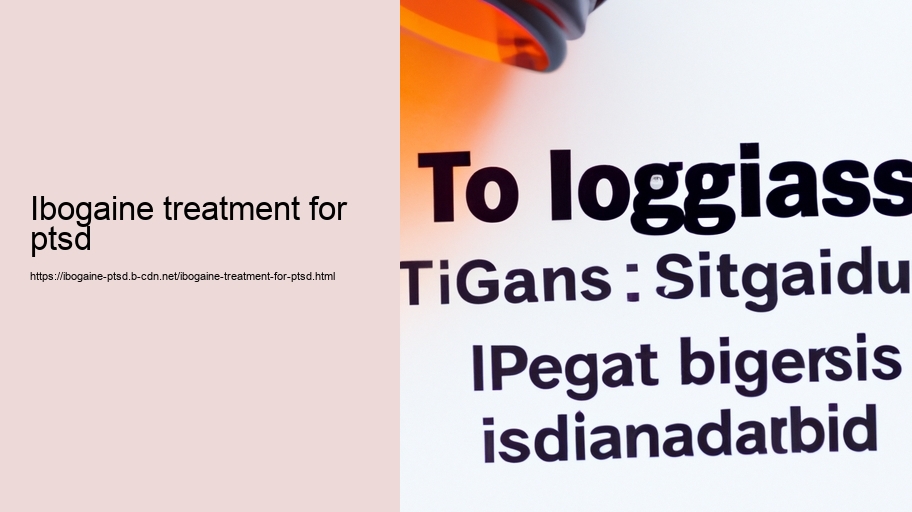Ibogaine Treatment for PTSD: An Emerging Frontier in Psychotherapy
Post-Traumatic Stress Disorder (PTSD) is a debilitating condition that arises from the experience of traumatic events, leaving individuals struggling with intense and persistent psychological distress. Traditional treatments for PTSD often include a combination of psychotherapy and pharmacotherapy, but not all patients find relief through these conventional methods. As research evolves and our understanding of mental health deepens, new treatment modalities emerge—among them is ibogaine treatment.
Ibogaine is a naturally occurring psychoactive substance derived from the root bark of the African shrub Tabernanthe iboga. Traditionally used in spiritual ceremonies by indigenous West African communities, ibogaine has gained attention in Western medicine for its potential therapeutic effects on various substance use disorders. More recently, its application has extended to treating other conditions, including PTSD.
The fascination with ibogaine as a treatment for PTSD lies in its unique mechanism of action. Ibogaine affects several neurotransmitter systems simultaneously; it interacts primarily with serotonin receptors but also modulates opioid receptors which can influence mood and stress response mechanisms. This multi-targeted approach may address the complex neurochemical disruptions found in those suffering from PTSD.
Patients who undergo ibogaine treatment typically experience an introspective psychological state that can last several hours. During this period, many report revisiting traumatic memories without feeling overwhelmed by negative emotions associated with them, providing an opportunity to reprocess these experiences more healthily.
This aspect of treatment could be crucial as one of the core features of PTSD involves intrusive thoughts and flashbacks that force individuals to relive their traumas repeatedly. By potentially creating a mental environment where these memories can be engaged without triggering panic or despair, ibogain might facilitate healing processes otherwise hindered by overwhelming emotional responses.
Moreover, anecdotal reports suggest that after an ibogaine session, some individuals experience lasting reductions in symptoms commonly associated with PTSD such as hypervigilance, insomnia, and anxiety; however scientific validation of these claims remains limited due to insufficient high-quality research data.
Despite promising stories from individual cases, it's essential to acknowledge the challenges and risks associated with ibogain therapy. The drug is not approved by agencies like the FDA for treating any medical condition due mainly to concerns about safety—iboga ingestion can lead to serious cardiac issues among other potential side effects.
Furthermore, given its powerful psychotropic properties, there are risks related to experiencing intense hallucinogenic episodes which could potentially exacerbate psychiatric symptoms if not properly managed within a controlled setting under expert supervision.
As interest grows in alternative therapies for mental health disorders like PTSD – particularly when standard treatments fail – rigorous scientific studies are needed to evaluate both efficacy and safety profile thoroughly before embracing such methods broadly as viable options.
In conclusion while intriguing anecdotes suggest possible benefits using Iboganine treat Post-traumatic Stress Disorder caution must prevail until comprehensive clinical trials conducted confirm whether indeed safe effective adjunct traditional therapies currently available those suffering aftermath trauma looking relief solace may someday add another tool arsenal combat insidious effects endured wake disturbing life experiences until then continues represent curious yet uncharted territory realm psychotherapeutic interventions.
